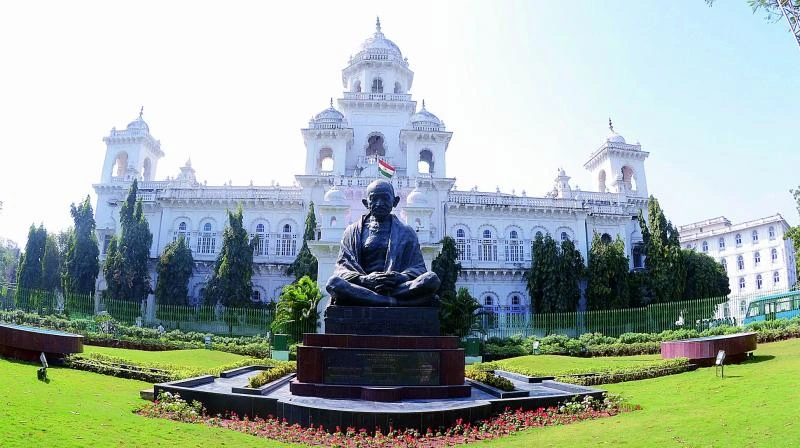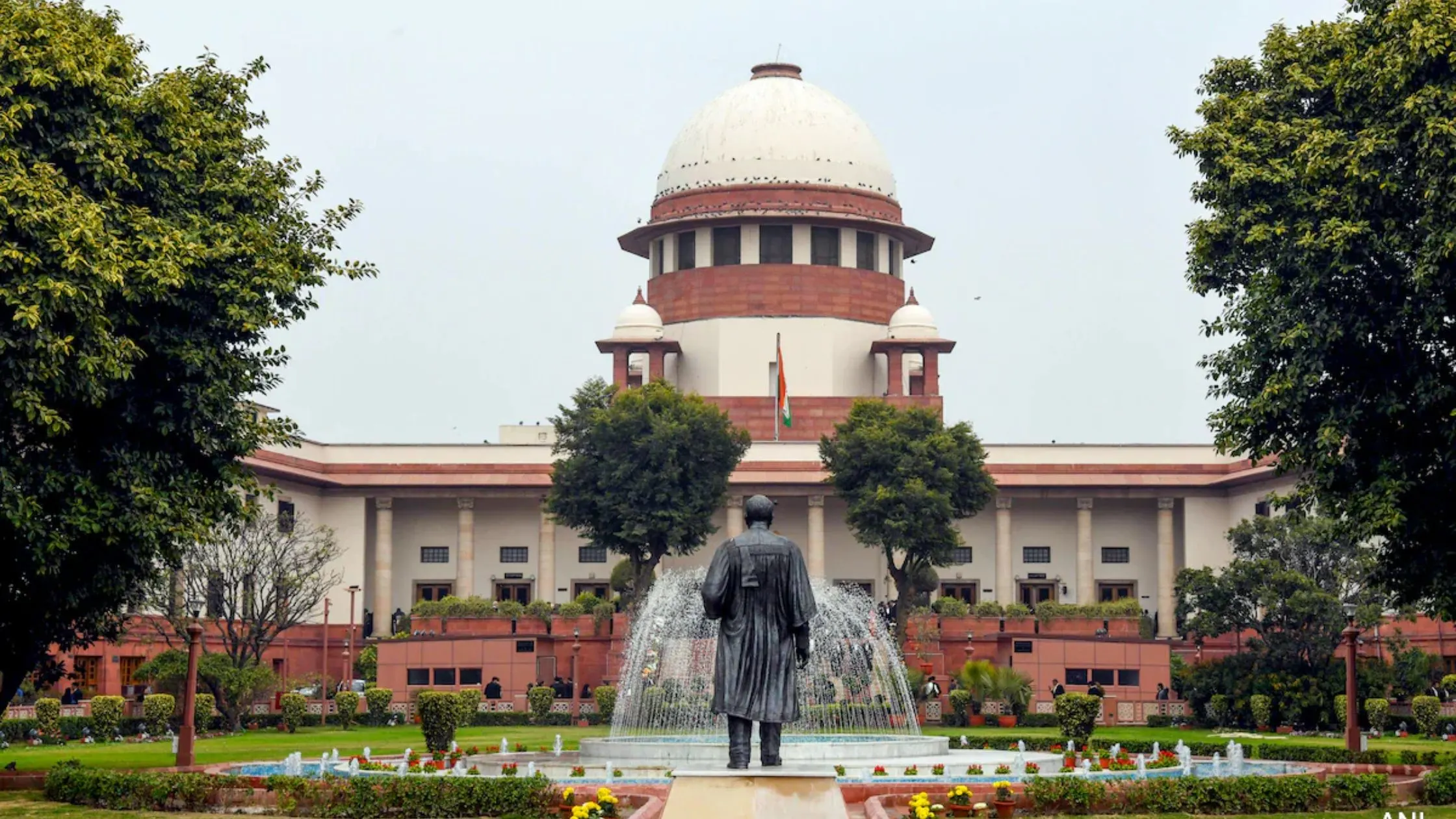Table of Content
▲
The Telangana government recently introduced the Bhu Bharathi Bill, 2024, aiming to resolve long-standing land record challenges. This move follows the abolition of the earlier Dharani portal, which had been criticized for creating confusion and difficulties for farmers and landowners. Here’s a comprehensive breakdown of what this new bill entails and how it plans to transform land management in the state.
What Is the Bhu Bharathi Bill?
The Bhu Bharathi Bill, 2024, officially known as the Telangana Bhu Bharathi (Record of Rights) Bill, replaces the Dharani portal, which was introduced by the previous Bharat Rashtra Samithi (BRS) government. The Dharani system, while ambitious, faced severe criticism for numerous errors in land records, causing hardship for property owners.
State Revenue Minister Ponguleti Srinivas Reddy explained that the new bill aims to ensure hassle-free transactions and create a more robust land records management system. After studying similar systems in 18 states, the government drafted the Bhu Bharathi Bill, incorporating feedback from experts, MLAs, and citizens.
Also Read: Real Estate Boom in Tier 2 Cities: Prices Surge in Jaipur, Guntur, and Goa
Key Features of the Bhu Bharathi Bill
- Introduction of “Bhudhar” Cards
Each land parcel in Telangana will now receive a unique identification number, called “Bhudhar,” similar to Aadhaar numbers for individuals. These Bhudhar cards will serve as digital proof of ownership and allow owners to access land details easily. - Addressing Boundary Disputes
The absence of unique identifiers for land parcels often led to boundary disputes and difficulties in maintaining revenue records. The Bhudhar system aims to eliminate these issues by providing a clear, traceable record for every plot of land. - Simplified Error Correction Mechanisms
Many landowners have faced problems due to errors in their records. The Bhu Bharathi Bill introduces a streamlined mechanism to correct mistakes in the Record of Rights (RoR). An appeals system at multiple levels ensures that grievances can be resolved faster. - Regularization of Sada Bainama
Over 900,000 applications for Sada Bainama—informal land transactions on plain paper—will now be processed. This step provides legal recognition to thousands of families who lacked formal land ownership documents. - Improved Accessibility Through Technology
A user-friendly online portal will allow citizens to check their application status using mobile numbers, making the process more transparent and efficient. - Faster Land Ownership Updates
The government has committed to reducing the time required to update land records. This includes issuing Pattadar Passbooks to landowners and ensuring farmers can benefit from schemes like Rythu Bandhu, which supports debt-free farming. - Inclusion of Government and Non-Agricultural Lands
Unlike the Dharani portal, which only covered agricultural lands, the new bill includes Abadi (village settlement) lands and Gram Kantam (village commons), ensuring a more comprehensive approach to land registration.
Benefits for Farmers and Landowners
The Bhu Bharathi Bill aims to resolve ten major concerns that plagued the Dharani system, including issues with inheritance, succession, and mutations. Farmers and landowners will no longer need court orders for minor corrections, as local revenue officers will now have the power to address these issues directly.
For disputed lands in Part B areas, which include private land ownership disputes, the government plans to finalize ownership records for 18 lakh acres. This ensures clarity and security for thousands of property owners.

Real Estate Community Welcomes the Change
The real estate sector has expressed strong support for the Bhu Bharathi Bill. Developers have long called for a decentralized system to resolve disputes at the local level. The bill’s provision for a multi-level appeals mechanism, including the creation of land tribunals, is seen as a game-changer.
NAREDCO Telangana Real Estate Developers Association President Vijaya Sai Meka stated that the new provisions would reduce litigation and create a fairer system for landowners.
Decentralizing Revenue Services
The bill also decentralizes revenue services, bringing them closer to citizens. Local officials, such as tahsildars and sub-collectors, now have greater authority to investigate and resolve disputes. This reduces the burden on courts and ensures faster resolutions.
A Step Toward Transparency and Efficiency
The Telangana government is committed to improving the accuracy and accessibility of land records. By addressing past mistakes and leveraging technology, the Bhu Bharathi Bill aims to restore trust among landowners. Farmers can now expect faster access to government schemes, and citizens will benefit from a more transparent system.
What Lies Ahead?
While the Bhu Bharathi Bill has been praised, some experts suggest further steps, like manual re-surveys of village revenue records, to ensure a foolproof system. For now, this legislation is a promising step toward resolving land record issues and providing relief to farmers, real estate developers, and landowners across Telangana.
The Bhu Bharathi Bill, 2024, marks a significant leap forward in addressing Telangana's long-standing land record challenges. By replacing the flawed Dharani portal with a more transparent, accessible, and user-friendly system, the government has demonstrated its commitment to empowering farmers and landowners. The introduction of Bhudhar cards, streamlined error correction processes, and decentralization of revenue services ensures that land disputes and grievances can be resolved efficiently and fairly.
With this progressive legislation, Telangana is setting a precedent for other states to modernize their land management systems. As the Bhu Bharathi Bill takes effect, it not only promises to simplify land ownership processes but also fosters trust and security among property owners. Ultimately, this initiative is a vital step toward achieving transparency, equity, and efficiency in land governance.
Also Read: Govt's Zero-Collateral Housing Loan: A Breakthrough for Low & Mid-Income Families


_1770964981.webp)




_1770976628.webp)
Ans 1. The Bhu Bharati Bill is a new land record management system introduced by the Telangana government to replace the flawed Dharani portal.
Ans 2. The Dharani portal faced issues like disappearing land titles, errors in records, and disputes over land boundaries.
Ans 3. A Bhudhar card is a unique identification card for landowners, similar to an Aadhaar card, designed to protect ownership rights and simplify access to land details.
Ans 4. It provides faster correction of land records, addresses succession and mutation issues, and enables farmers to receive benefits like the Rythu Bandhu scheme more efficiently.
Ans 5. The bill is expected to streamline land dispute resolution, reduce court cases, and create a more transparent system for real estate transactions in Telangana.
Ans 6. The bill introduces a decentralized system with an appeals mechanism, allowing disputes to be resolved at local levels, reducing court congestion.
Ans 7. The bill regularizes over 900,000 Sada Bainama land transactions, giving legal recognition to informal land deals previously done on plain paper.
Ans 8. Yes, the bill includes provisions for registering Abadi and Gram Kantam lands, expanding the scope of land record management beyond agricultural properties.